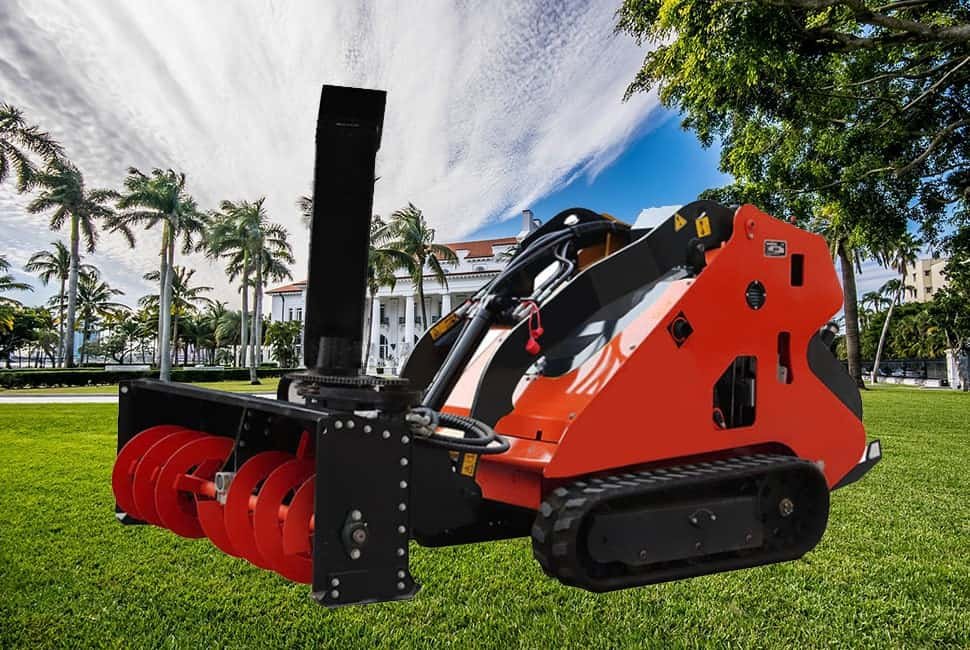Introduction
Choosing the right compact tracked excavator is crucial in heavy-duty excavation work. But there are so many different models, brands, and sizes on the market, it can be overwhelming to know where to start. Firstly, you need to consider the size of the excavator you require.
Think about the work you’ll be doing and whether you need carry any specific attachments. Another essential factor is the tracked excavator’s operating weight and digging depth. These will impact how efficient and effective the excavator is at moving materials and digging holes.
Additionally, consider the durability and reliability of the machine, as well as any maintenance requirements. This blog post will guide you to select the best compact tracked excavator for the job that will save you time and money in the medium to long run.
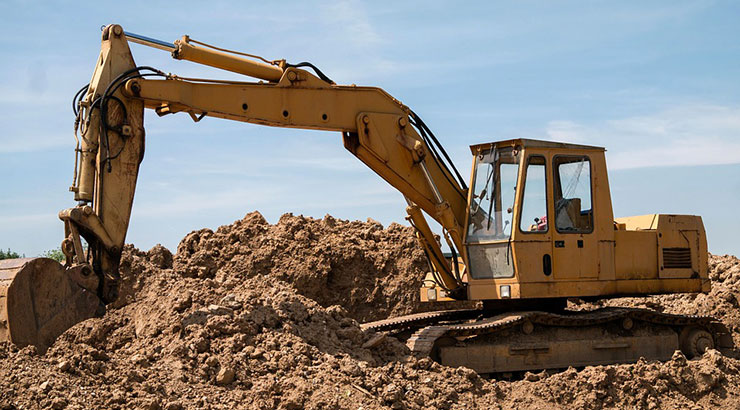
Understanding track excavators
If you’re looking to purchase a compact-tracked excavator for construction, it’s essential to understand the differences between compact-tracked excavators and other types. Tracked excavators have sturdy bases, making them ideal for rough terrain. Their tracks provide better traction than wheeled excavators.
Additionally, they have a greater reach and digging depth than backhoes, and their counterweight system allows for more excellent stability. With their full range, versatility and power, compact-tracked excavators are a reliable and efficient choice for any construction project.
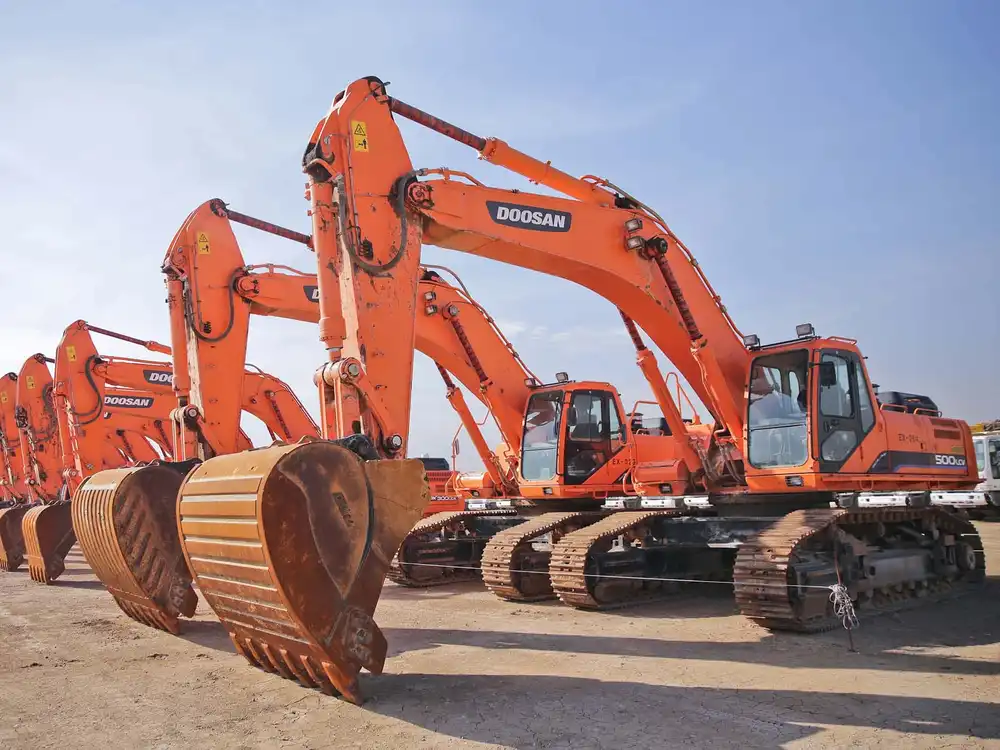
Types of tracked excavators
When purchasing a compact tracked excavator, learning about its various types is vital. From mini track excavators to large excavators, each type has unique features and capabilities that make it suitable for specific tasks, from mini excavators to large excavators. We will discuss each type of tracked excavator, allowing you to decide what’s best for you.
- Mini Excavators
You may wonder what type of excavator is best suited for your project. Mini-compact tracked excavators are an excellent option for those who need a small and powerful machine. These compact excavators are perfect for a variety of construction and landscaping tasks.
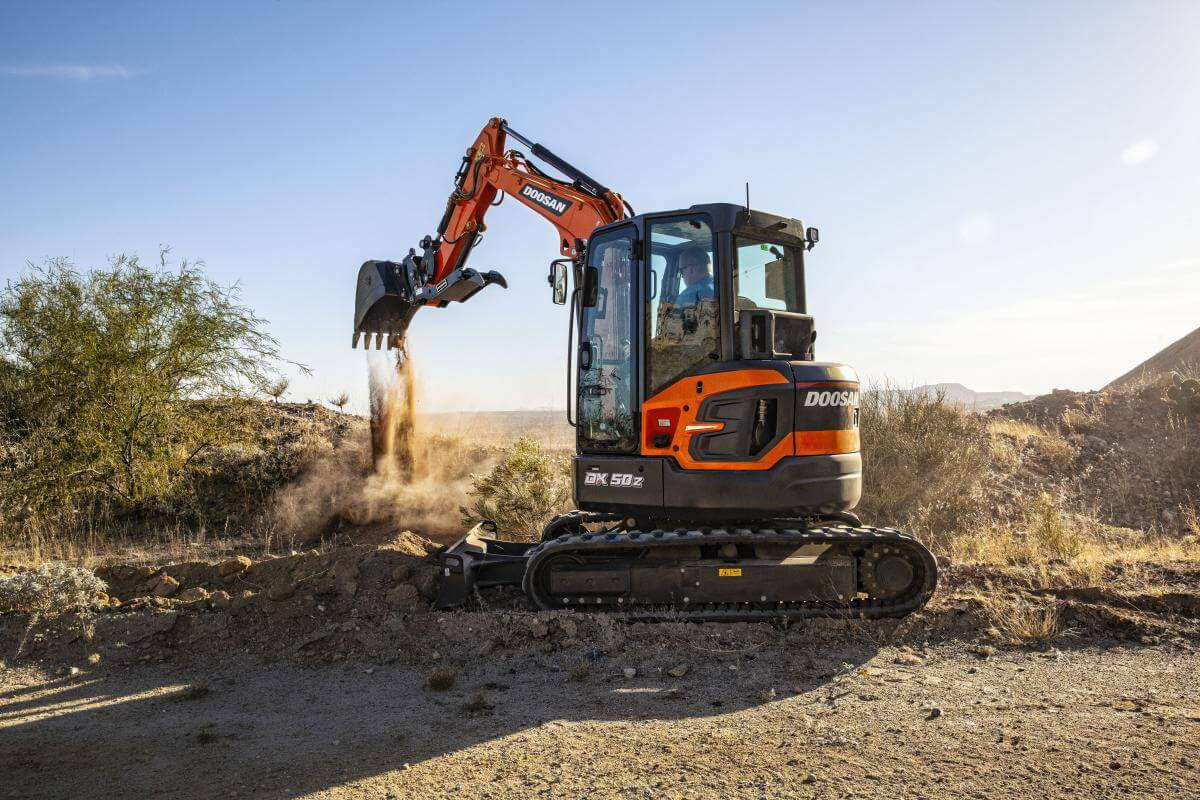
- Standard Excavators
You might need a standard compact tracked excavator if you’re working on a large construction site or a demolition project. With powerful engines and sturdy tracks, these machines are ideal for heavy-duty jobs. You’ll be able to tackle any task with ease, which range from digging trenches to removing debris.
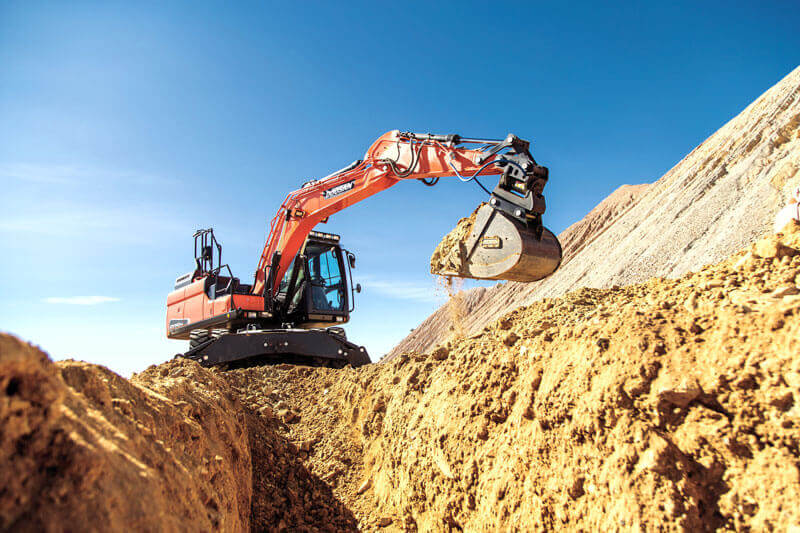
- Large Excavators
When taking on a big job of trench digging, you need a machine that can handle the workload. Large-compact tracked excavators are the perfect solution suited for heavy-duty projects. With their massive size and impressive digging power, you can move large amounts of earth and complete your work efficiently.
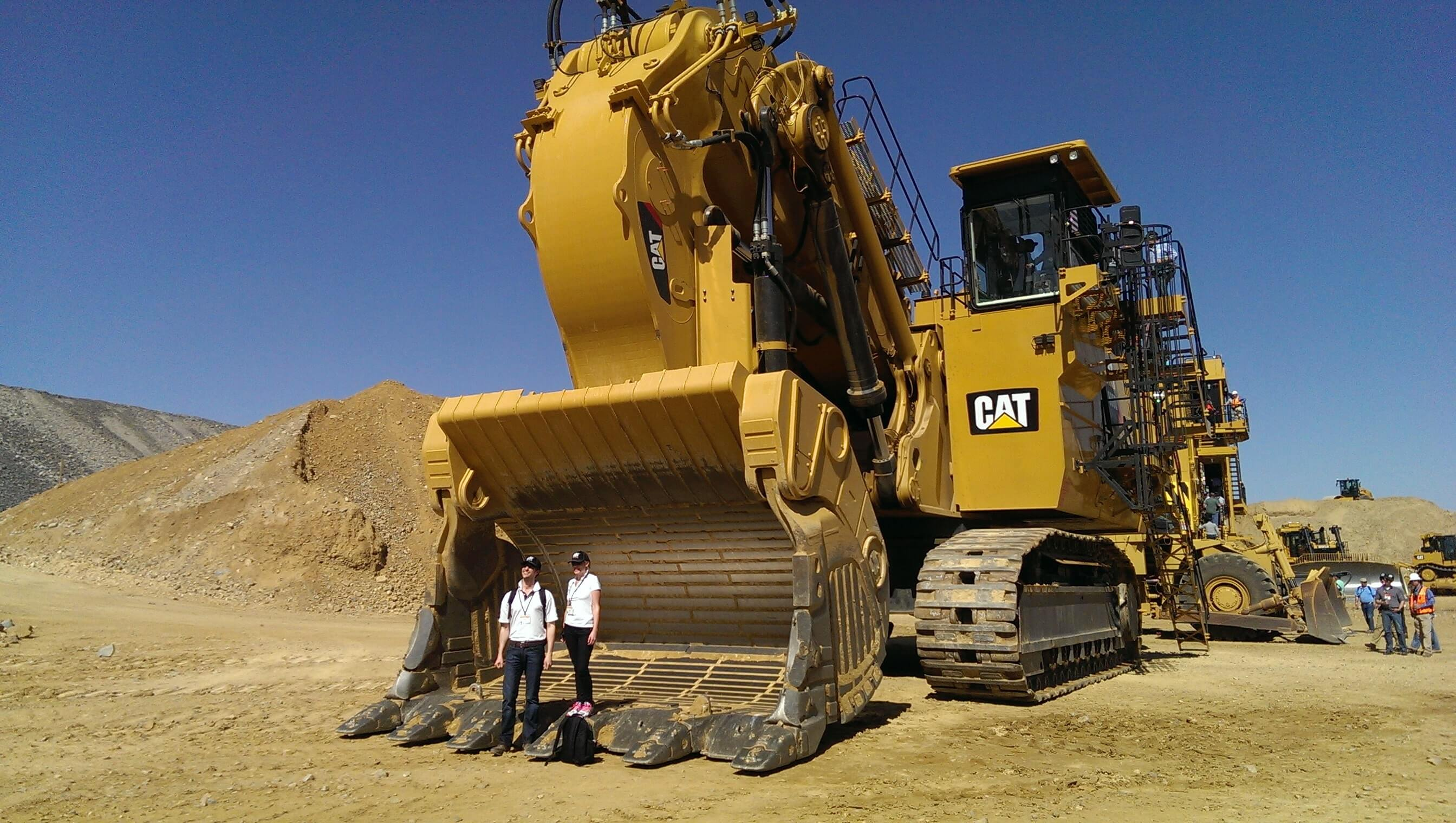
- Long Reach Excavators
The long-reach compact tracked excavator model is a way to go when digging in hard-to-reach areas. These machines have extended arms that can go further than standard excavators, allowing you to excavate deep trenches or overcome obstacles. They’re also heavy machinery perfect for jobs that require precision and reach.
- High Reach Demolition Excavators
If you’re planning a demolition project, a high-reach demolition-tracked excavator is a must-have. These machines have long, powerful arms that can reach high places and bring down buildings safely and efficiently. They’re designed for demolition work, with features like specialised attachments and reinforced cabs to keep you safe.
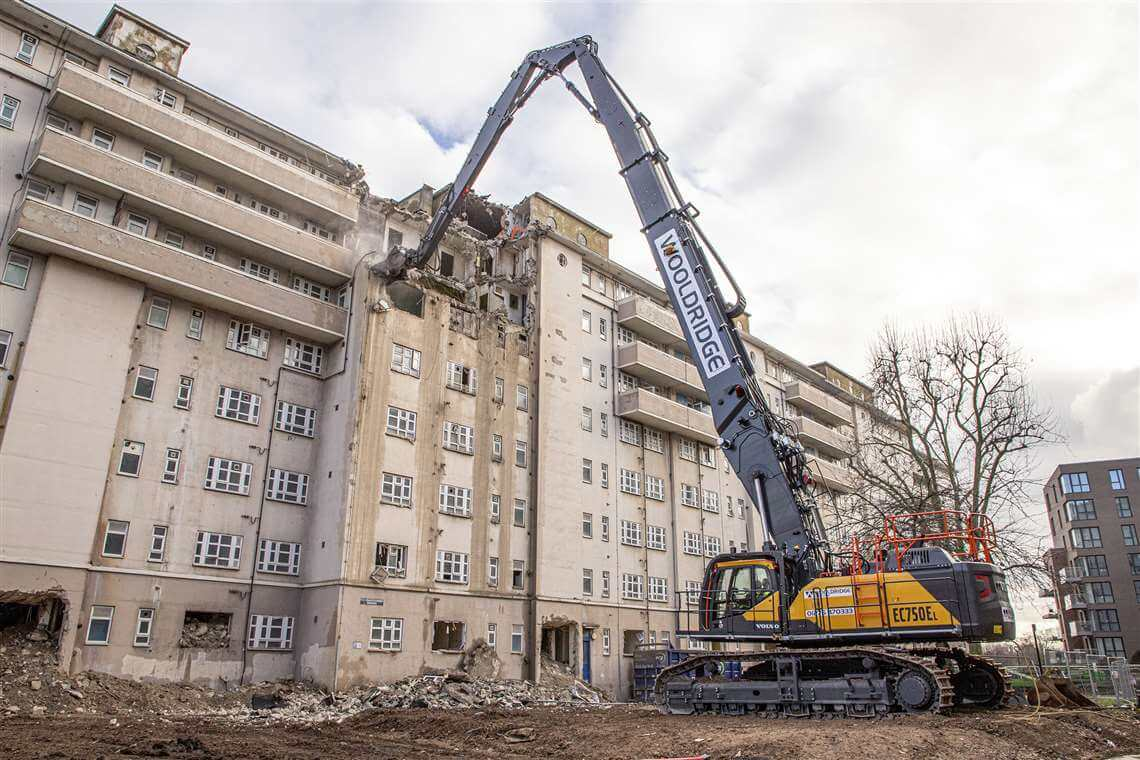
- Hybrid Excavators
A hybrid compact tracked excavator might be a perfect choice for those looking for a more environmentally-friendly option. These machines use electric and diesel power to reduce emissions and save on fuel costs. They’re perfect for indoor or urban jobs where emissions are a concern.
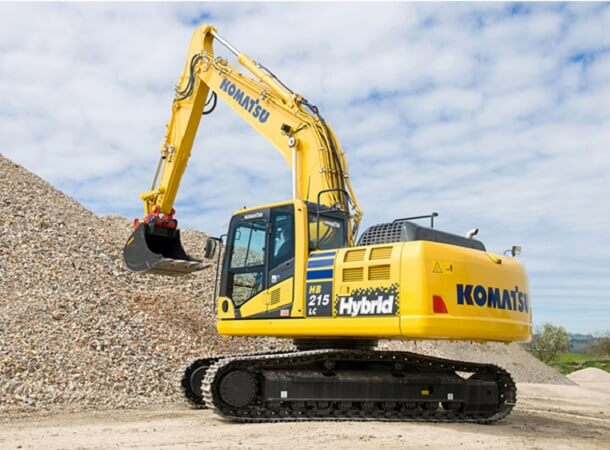
- Amphibious Excavators
If you need to work on a job site near water, an amphibious compact tracked excavator is an ideal choice. These machines are designed to work in wetland areas and shallow bodies of water, with tracks that allow them to move through mud and water. They’re perfect for dredging, shoreline maintenance, and other aquatic projects.
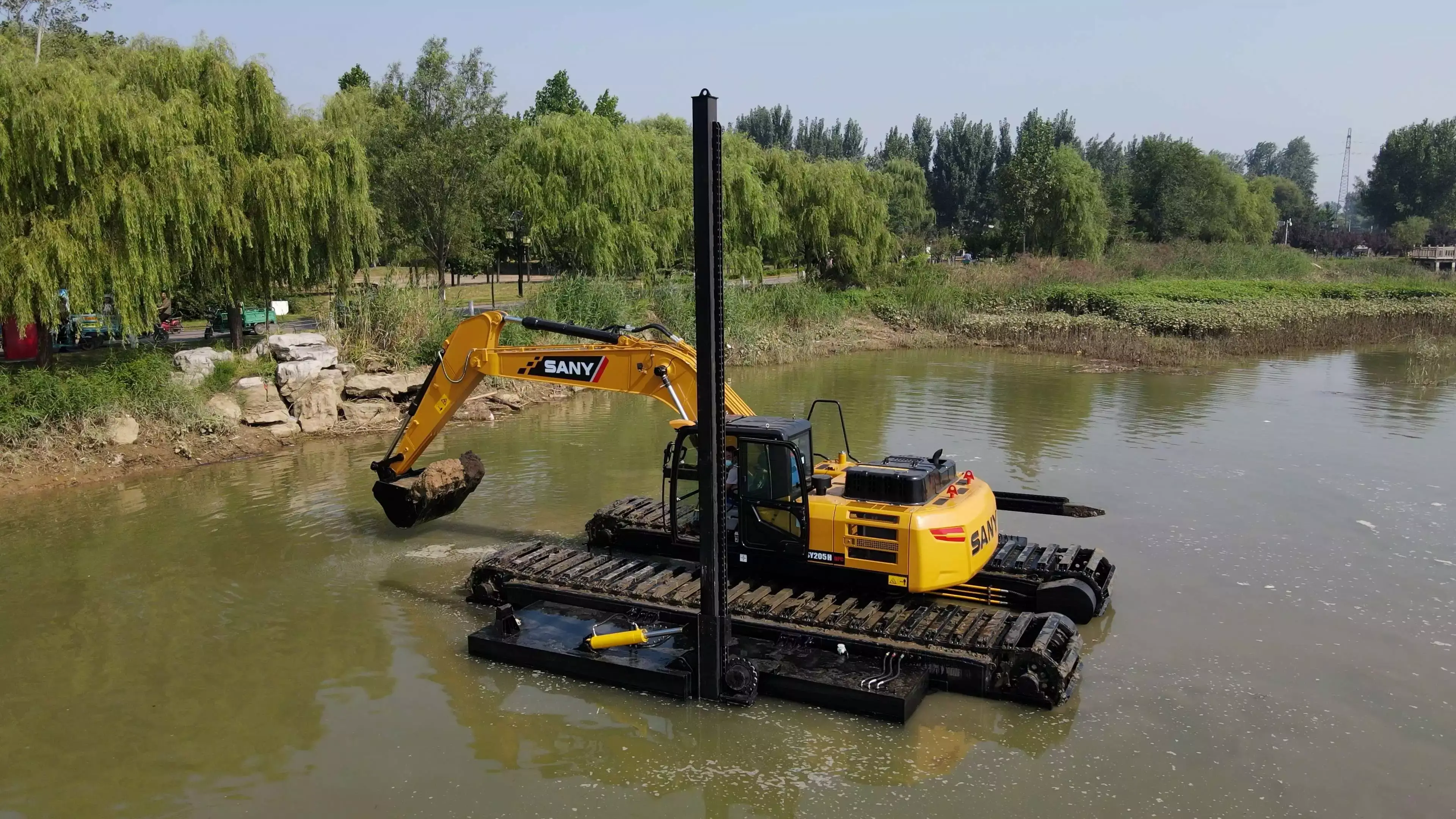
Factors to Consider When Choosing a compact tracked excavator
When choosing a compact tracked excavator, there are several factors to consider. Think about the size of your job site, the depth and width of trenches you need to dig, and the amount of material you need to move. You’ll also want to consider your budget, the right machine that’s fuel efficiency, and ease of operation and maintenance. Now, we will discuss every feature one by one.
- Jobsite Requirements
When choosing the right compact tracked excavator for your needs, it’s essential to consider your job site requirements. The terrain and size of the work area are key factors to consider, as you’ll need a machine that can navigate the site safely and efficiently. A compact tracked excavator with a stable track system may be necessary if you work on uneven or hilly terrain.
You’ll also want to consider any obstacles or hazards on the site, such as trees, rocks, or underground utilities. A machine with a long reach arm or specialised bucket lifting attachments can help you overcome these obstacles.
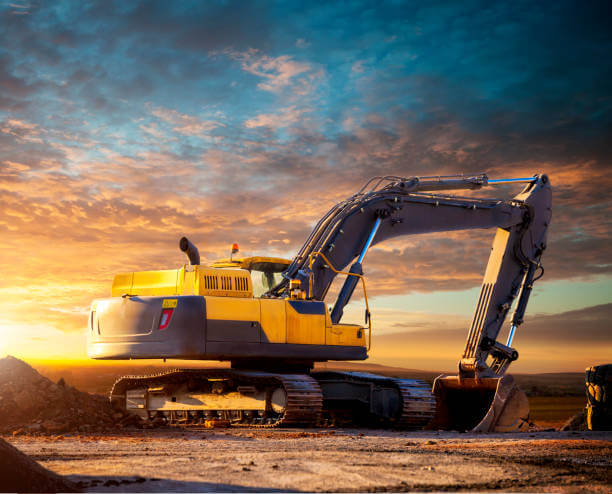
The depth and width of trenches you need to dig, and to carry and deliver the moving materials should also be considered. A machine with a large bucket capacity may be necessary for carrying heavy materials. In contrast, a compact tracked excavator with a narrow digging width may be more suitable for working in tight spaces.
- Project Specifics
Choosing the right compact tracked excavator for your project also depends on the job’s specifics. Consider the work you’ll do, whether excavation, demolition, or material handling. The project’s size and scope should also be considered, as a more extensive project may require a more powerful machine.
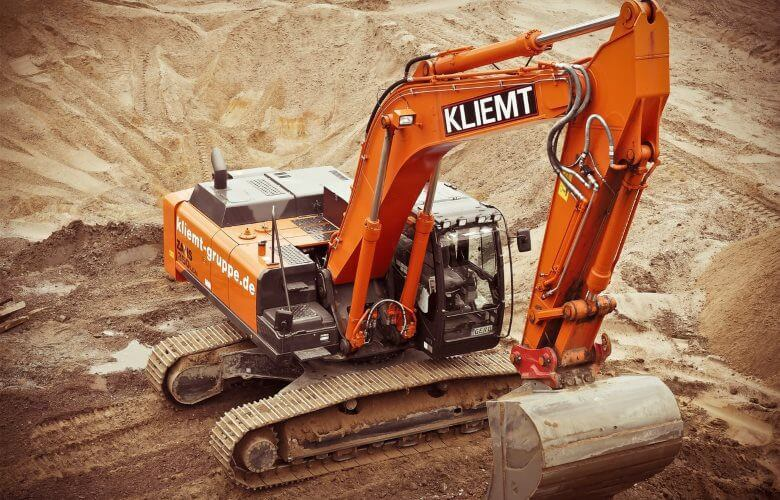
You should also consider the project’s duration, the job site and its location, construction equipment’s location, and any environmental regulations or restrictions that may be in place. By evaluating all of these factors, you can select a compact tracked excavator that will meet the demands of your project and help you complete the work safely and efficiently. Next, we will talk about the operating cost of the tracked excavator because the cost factor drives most of our decisions.
- Operating Costs
When choosing a compact tracked excavator, it’s essential to consider the operating costs. Fuel efficiency, maintenance requirements, and repair costs all play a role in determining the overall cost of operating the machine. A fuel-efficient engine may save you money in the long run.

It’s also important to consider the cost of replacement parts and repairs and the availability and quality of service technicians in your area. By evaluating the operating expenses of a tracked excavator before purchasing, you can select a cost-effective and reliable machine for your needs.
- Operator Comfort and Safety
A comfortable operator is a happy operator, and a happy operator is a productive operator. When choosing the right-tracked excavator for your needs and industry, operator comfort and safety should be at the top of your priority list.
Look for features and equipment that enhance operator comfort, such as a spacious and ergonomic cab, adjustable seats, and climate control. Safety features should include a rollover protection system (ROPS), a falling object protection system (FOPS), and a rearview camera and alarm to warn of people or objects in the machine’s blind spots.
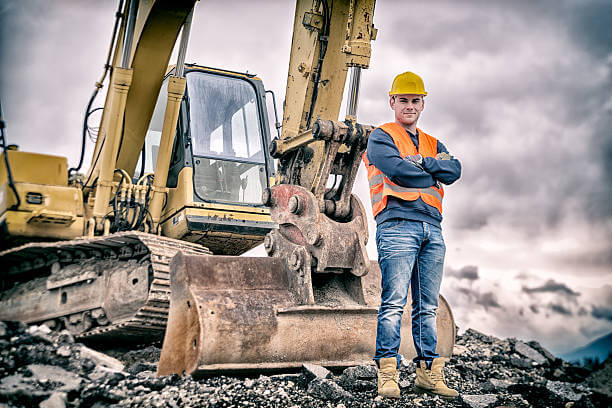
Investing in a tracked excavator with operator comfort and safety features keeps your operators safe and productive and improves your equipment’s longevity and efficiency.
- Evaluating Brands and Dealerships
When choosing the right-tracked excavator model for your needs, evaluating brands, models and dealerships is an essential step in the process. You want to invest in a reputable brand and a dealership that provides excellent customer service.
Start by doing research on the different types of brands and their reputations in the industry. Look for reviews and feedback from current and past customers to understand their experiences. Check out industry publications and awards to see which brands are highly regarded.
Next, Look for dealerships with a full fleet, wide selection of tracked excavators and knowledgeable sales staff who can help you make an informed decision. You can expect you’ll also want to consider the dealership’s service and maintenance offerings along availability and pricing of their parts.
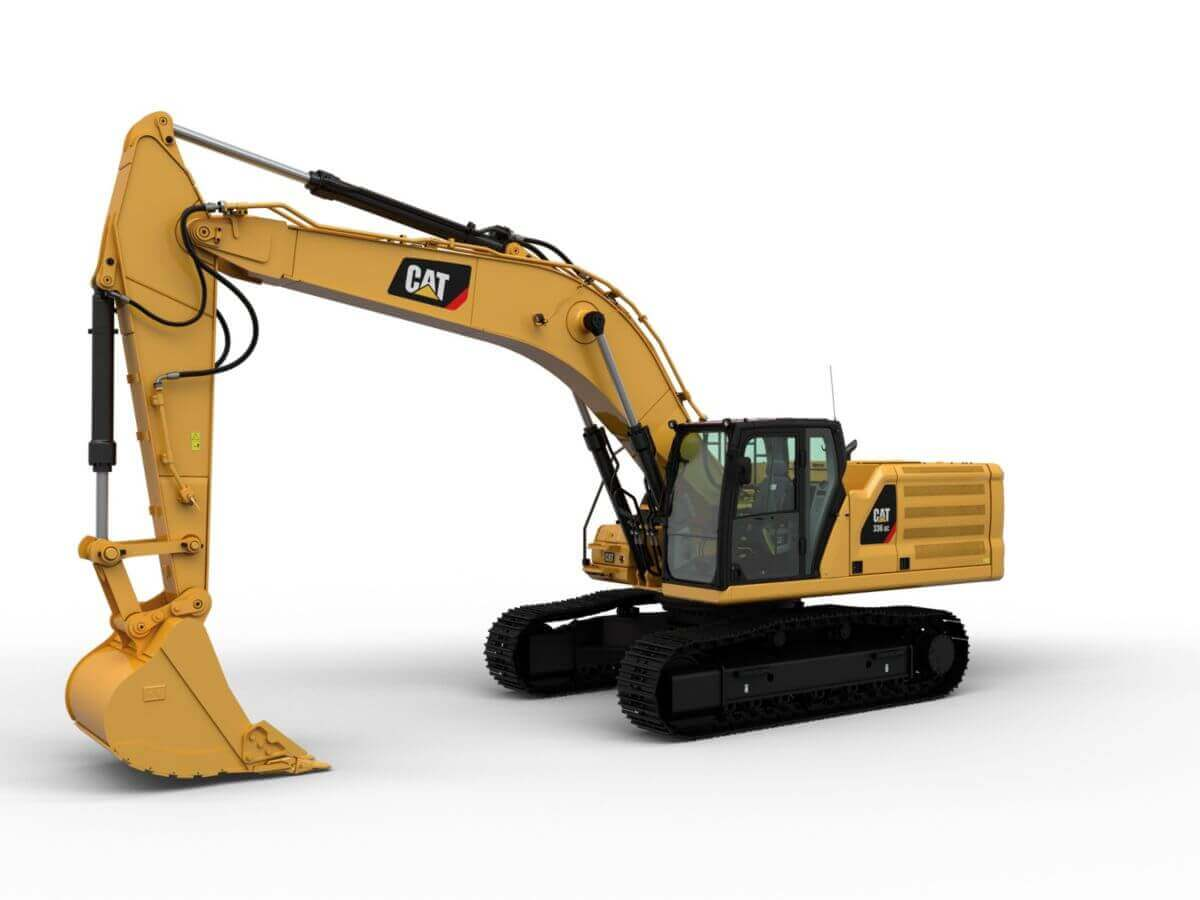
Remember, investing in a reputable brand and dealership ensures the best possible value for your investment and that you can access the support and resources to keep your tracked excavator running for years. After deciding on the precisely desired used track excavator to get the job done, we need clarification about renting used track excavators or buying one. Next, we will talk about renting versus buying a tracked excavator.
- Renting vs Buying a tracked excavator
Choosing whether to rent or buy a tracked excavator is essential when selecting a suitable machine. Renting can be an excellent option for short-term projects or when you need a precisely tracked excavator for a one-time job. It can save you money on upfront costs, and you won’t have to worry about maintenance or storage once the project is complete.
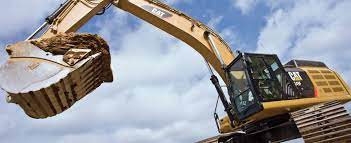
On the other hand, buying a tracked excavator can be more cost-effective in the long run if you have ongoing or frequent projects requiring heavy equipment. Owning your machine gives you more control over its maintenance and use, and you won’t have to worry about rental availability or scheduling conflicts.
Consider your specific needs and the duration of your projects when deciding whether to rent or buy a tracked excavator. By weighing the pros and cons of each option, you can make the best choice for your budget and workload.
Conclusion
Throughout our conversation, we discussed several important factors when choosing the right-tracked excavator for your needs. From job requirements and project specifics to evaluating brands and dealerships to deciding whether to rent or buy, there are many important decisions to make.
Ultimately, the right choice will depend on your specific needs and circumstances. Take the time to research and compare different options, and consider your budget, project duration, location, and equipment requirements.
Whether you rent or buy a tracked excavator, investing in high-quality construction equipments, is essential for success in any construction or excavation project.

